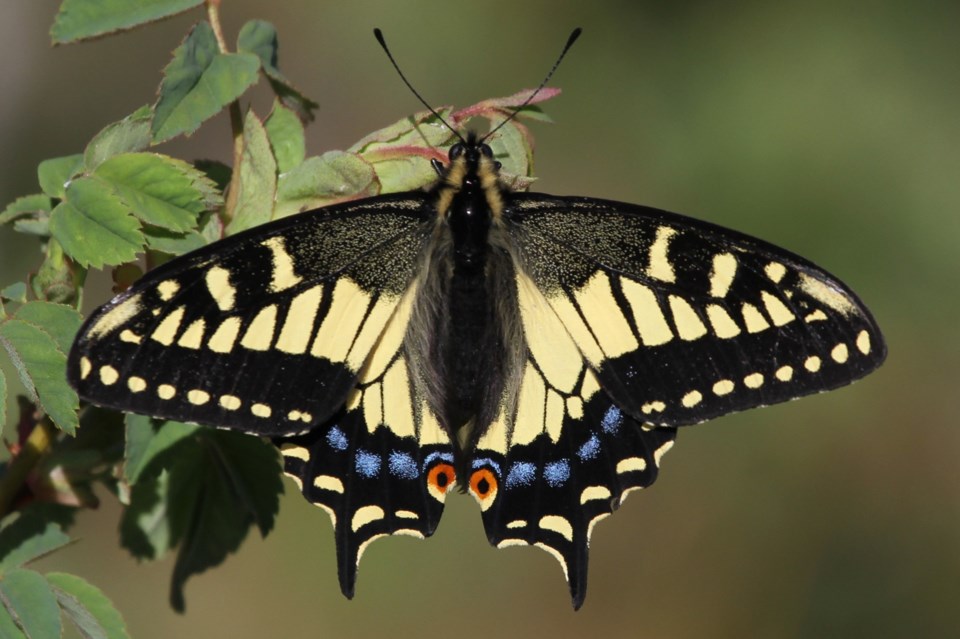While some bugs destroy crops and spread disease, others pollinate flowers and food crops. Bugs provide food for other animals, help control plant and animal populations, and break down waste and organic matter. Only about one percent of all bugs are harmful. Almost all bugs play a very important role in our survival.
Insects dominate the bug world and form an important part of the food web, feeding fish, birds, reptiles, amphibians, and mammals. Those pesky mosquitoes provide food for fish, bats, and birds. Sixty percent of the world's birds are insect eaters. Factors such as habitat loss, climate change, pesticides and changes in agriculture are causing Earth to lose about one to two percent of its insects each year.
While bees get most of the credit, butterflies, moths, wasps, ants and beetles are other insect pollinators. Insects are integral to our food systems as about one third of the food we eat is the result of pollination.
Butterflies and moths pollinate plants as they drink nectar from flowers. These insects go through four life stages. Eggs hatch as caterpillars, which voraciously feed on plants. The caterpillar changes into a chrysalis or pupa (a non-feeding, sedentary stage). Finally the adult emerges and lives about a month. A good butterfly habitat is one that provides food plants for caterpillars, nectar plants for adults, and a source of water.
The Delta Naturalists Society has produced a series of 10 nature brochures, nine of which describe Delta’s animals, bugs, birds, plants and mushrooms.
The Bugs in Delta brochure is dominated by insect species while two others focus exclusively on prominent groups of insects: Butterflies & Moths, and Damselflies & Dragonflies. The brochures are available free of charge at Delta’s libraries, city hall and recreation centres; or you can download them from the DNS website at: https://dncb.wordpress.com/dns-brochures/.
Editor’s note: Nature Notes is a monthly column produced by the Delta Naturalists Society and its community partners.




